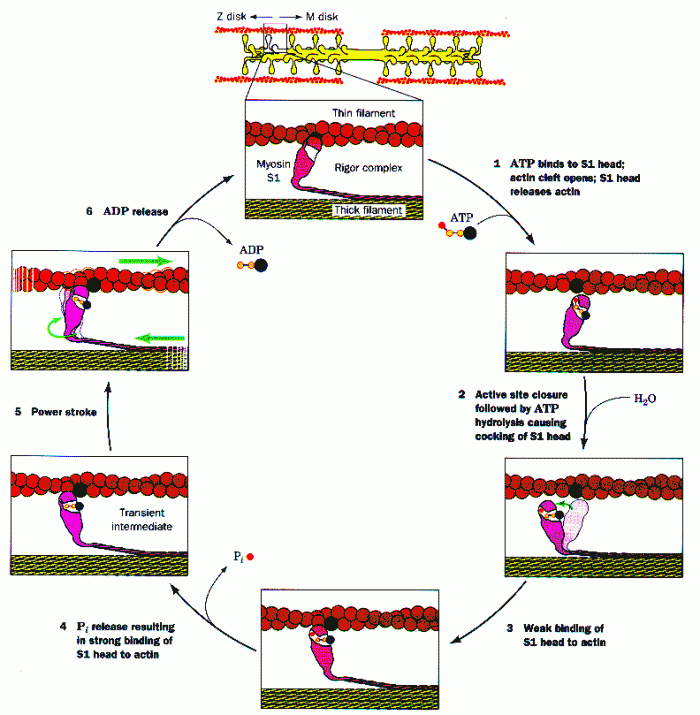|
|
|
Pregnant women usually experience a heightened sense of smell beginning late in the first trimester. Some experts call this the body's way of protecting a pregnant woman from foods that are unsafe for the fetus.
The cure for trichomoniasis is easy as long as the patient does not drink alcoholic beverages for 24 hours. Just a single dose of medication is needed to rid the body of the disease. However, without proper precautions, an individual may contract the disease repeatedly. In fact, most people develop trichomoniasis again within three months of their last treatment.
Green tea is able to stop the scent of garlic or onion from causing bad breath.
This year, an estimated 1.4 million Americans will have a new or recurrent heart attack.
People about to have surgery must tell their health care providers about all supplements they take.







